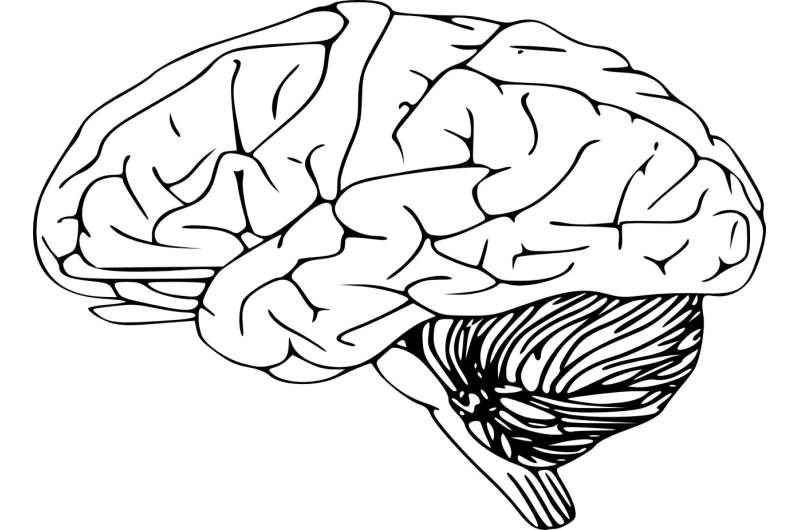Can a sexual assault jeopardize a woman’s brain health?

Traumatic experiences, including sexual violence, have been linked to poor mental and cardiovascular health in women as they age. A new study suggests they may also be linked to indicators of cerebrovascular risk that may be precursors to dementia, stroke, and other brain disorders. Study results will be presented during The North American Menopause Society (NAMS) Annual Meeting in Washington, DC, September 22-25, 2021.
To date, little research has been done relative to the relationship between traumatic experiences (notably, sexual assault) and indicators of small vessel disease in the brain, which can lead to cerebrovascular diseases such as stroke. A new study out of the University of Pittsburgh, however, specifically investigated whether traumatic experiences were associated with white matter hyperintensities (WMHs), which are markers of brain small vessel disease. WMHs can be detected decades before the onset of dementia, stroke, and other disorders and can serve as early markers for these disorders.
Of the nearly 150 midlife women involved in the study, 68% reported having at least one trauma, with the most common trauma being sexual assault (23% of the women). After evaluating the data, researchers concluded that women with trauma exposure had greater WMH volume than women without trauma. The particular trauma significantly associated with WMH was sexual assault. Associations between sexual assault and WMHs persisted even after adjusting for depressive or post-traumatic stress symptoms, suggesting that sexual assault may put women at greater risk for poor brain health.
“The results of this study are noteworthy in that sexual assault is an unfortunate, yet all-too-common, experience for women; national data indicate that, on average, up to a third of women have had this experience. This distressing experience is not only important for women’s mental health, but also their brain health. This work is a major step toward identifying a novel risk factor for stroke and dementia among women,” says Dr. Rebecca Thurston from the University of Pittsburgh and lead author of the study. “Not only do these results underscore the need for greater prevention of sexual assault, but also provide healthcare professionals with another indicator of who may be at most risk for stroke and dementia later in life.”
Source: Read Full Article
